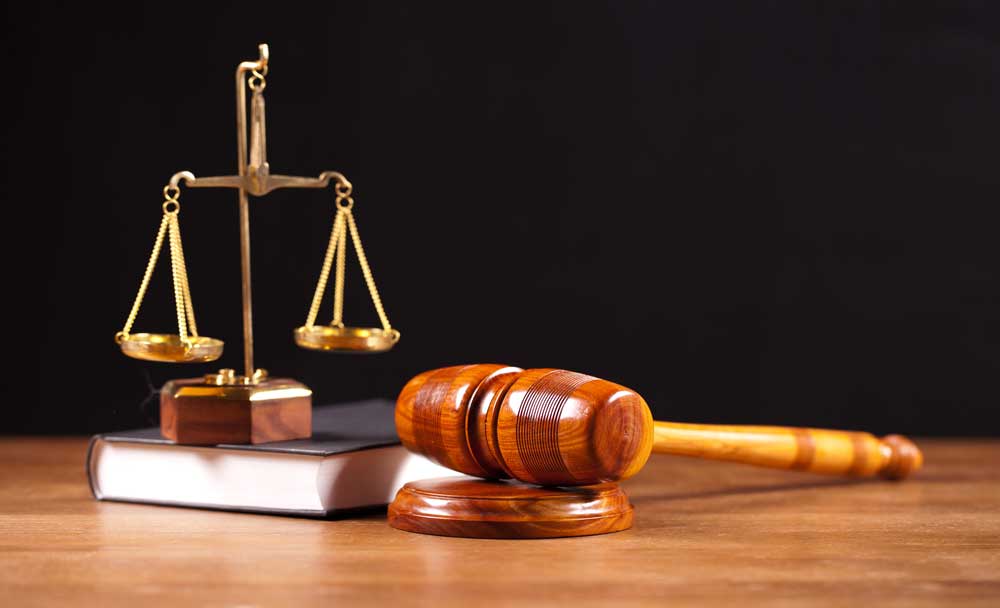Sanity has been restored in the insolvency world a bankruptcy lawyer said on the condition of anonymity, while commenting on the Supreme Court’s decision that stale debts cannot be revived. The apex court has ruled that insolvency applications, seeking to resurrect time-barred claims, cannot be allowed The question before the apex court was whether the Limitation Act, 1963 applies to the Insolvency and Bankruptcy Code, 2016. The Limitation Act lays down specific time periods in for various legal situations after which an aggrieved party cannot approach a court for relief In the case of debt, it gives the creditor three years from the time of a default to approach court for recovery of the debt. The Supreme Court has held that the legislature intended to apply the Limitation Act to the IBC all along. To be clear, an amendment to the IBC in June this year had expressly made the Limitation Act applicable to IBC which meant that debts that have become time-barred cannot be claimed afresh via the insolvency route. The apex court pointed out that the Companies Act, 2013 makes the Limitation Act applicable to the National Company Law Tribunal and Appellate Tribunal. As a result, the Limitation Act would apply to all winding-up cases which moved from various high courts to NCLTs after IBC came into force.
By the same logic, the limitation law would apply to applications under IBC as well, the Supreme Court said. It also relied on the Insolvency Law Committee’s report which stated the intent of the IBC could not have been to give a new lease of life to debts which are time-barred. This Supreme Court’s view is contrary to what the NCLAT had ruled last year. In the Neelkanth Township case, the NCLAT had concluded that the Limitation Act doesn’t apply to IBC and time-barred debts can be the basis for initiating insolvency proceedings. This view was narrowed down by the NCLAT itself in the Black Pearl Hotels case. The appellate tribunal had ruled that even if the Limitation Act has to apply to IBC, it will be from the date of commencement of the code, meaning that time-barred debts have three years, starting December 1, 2016, to become the basis of an insolvency application. In effect, the NCLAT had ruled that the right to recover dues accrued to creditors only on December 1, 2016 when IBC was implemented, Vyapak Desai, head of litigation at law firm Nishith Desai Associates told. This revived all time-barred debts and there were insolvency cases that were initiated based on the NCLAT judgment. The apex court’s ruling will lead to a dismissal of all the insolvency applications that had made *time-barred debts* the basis of initiating the proceedings, he added.

